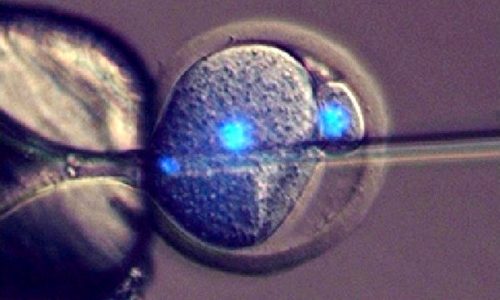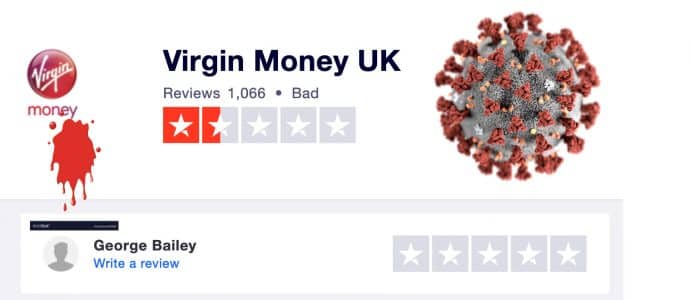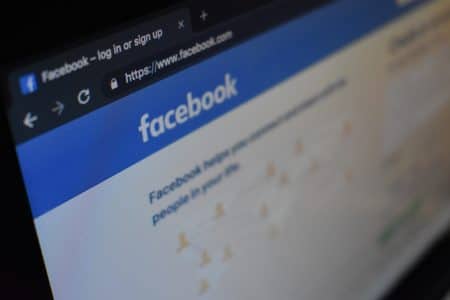Scientists Find: Having Babies Without Eggs May Be Possible - Dispatch Weekly
September 14, 2016 - Reading time: 5 minutes

Scientists from the University of Bath have conducted breakthrough research, finding that it may be possible to have babies without females in the future, as they successfully produced healthy baby mice using chemicals to trick sperm into using “fake” embryos instead of eggs.
The Study, Fake Embryos and Healthy Babies
The findings published in Nature Communications, found that they could inject sperm cells directly into embryos, creating baby mice.
They did this by using “fake” embryos that act like ordinary cells, similar to skin cells, where they divide and control their DNA.
By using pseudo-embryos, healthy baby mice were produced, which shows that the same process may be possible for humans
The odds of becoming pregnant for the mice were one in four. The delivered baby mice were found to be healthy, have a normal life expectancy and be able to have normal pups.
This has a massive impact, as women may no longer be needed in the baby-making process, putting the emphasis on men’s sperm. This would allow gay couples to have a baby without a surrogate egg.
Evolution, Science and Possibility
In a statement Dr Tony Perry, University of Bath molecular embryologist and senior research said:
“Our work challenges the dogma, held since early embryologists first observed mammalian eggs around 1827 and observed fertilization 50 years later, that only an egg cell fertilized by a sperm cell can result in a mammalian birth.”
Before the study it was commonly thought that only a female egg could be used to fertilize with the sperm since there is a specific cell division, carrying half the chromosomes that is an essential beginning process.
By using cells that carry all the chromosomes of an egg, any cell in the human body could be used to fertilize the sperm.
Dr Tony Perry said, “This is the first time that anyone has been able to show that anything other than an egg can combine with a sperm in this way to give rise to offspring,” adding, “It overturns nearly 200 years of thinking.”
The Future Without Female Eggs

The findings are a landmark in the scientific field, having a massive impact on society if proved successful for humans.
Gay couples, single men and women choosing to focus on their career, could choose to have babies by the sperm and “fake” embryo method.
Data by the Centers for Disease Control and Prevention, 2016 show that the average age of women who had their first child in 2014 was 26 years and four months – or about one year and five months older than the 2000 average.
From 2000 to 2014, the proportion of first births to women aged 30 to 34 increased 28 percent, and those among women over age 35 went up 23 percent.
The scientific findings also have a massive impact on infertility In vitro fertility, or IVF industry that is estimated to be worth $3.5 billion by Marketdata Enerprises in 2012. A moderate 3.6% annual growth in revenues was forecast through 2018.
The Research: A Technical Tour De Force
Although the findings still need further development and investigation, there are many exciting opportunities for those thinking about having their own baby.
The results potentially give individuals more choice about how and when to have a child, personalizing it to their needs.
Prof Robin Lovell-Badge, from the Francis Crick Institute, said:
“I think it is a very interesting paper, and a technical tour de force and I am sure it will tell us something important about reprogramming at these early steps of development that are relevant to both fertilization and single cell nuclear transfer [cloning].

DW Staff
David Lintott is the Editor-in-Chief, leading our team of talented freelance journalists. He specializes in covering culture, sport, and society. Originally from the decaying seaside town of Eastbourne, he attributes his insightful world-weariness to his roots in this unique setting.




